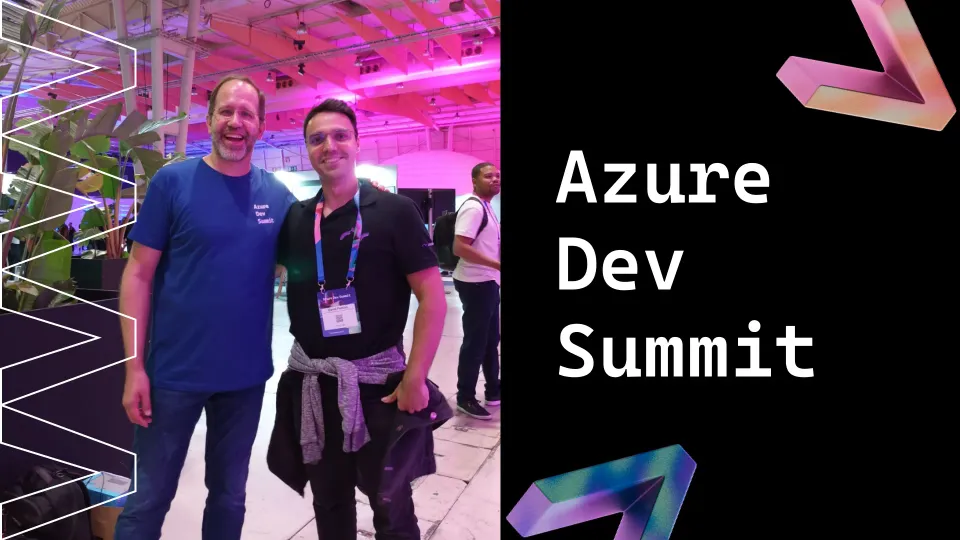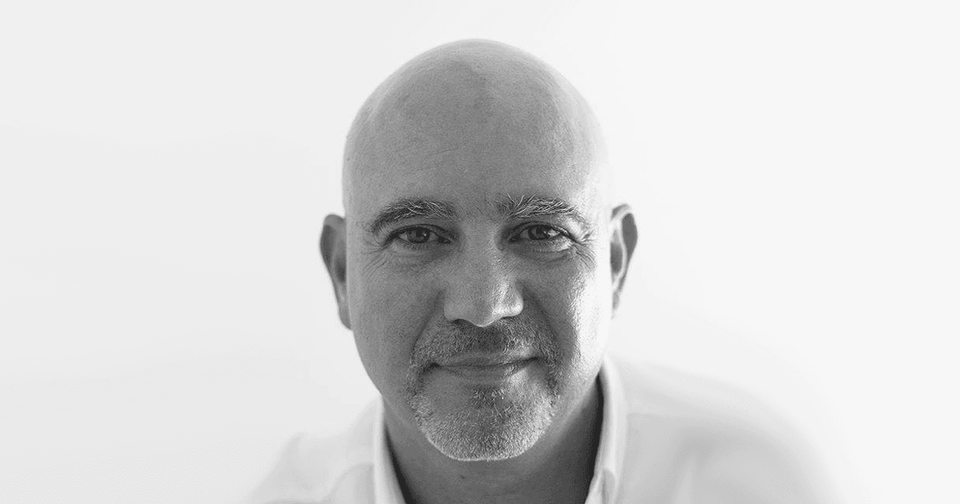What Azure Dev Summit Lisbon Taught Me About the Future of Engineering
Table of Contents
Introduction
Lisbon was buzzing with energy last week. Hundreds of developers, architects, and tech enthusiasts filled FIL for the first-ever Azure Dev Summit Lisbon. The agenda promised deep technical sessions and real conversations about how AI, cloud, and engineering culture are evolving together.
And it delivered. As a developer at Create IT, I joined to learn, connect, and challenge some of my assumptions. Three intense days later, I came back with fresh ideas, a notebook full of notes, and a renewed sense that engineering is entering a new era — one where AI doesn’t replace expertise, but redefines it.
Copilot: from sidekick to system thinker
The event kicked off with Amanda K. Silver’s keynote, and right away the theme was clear. Microsoft’s vision for Copilot isn’t just autocomplete on steroids — it’s becoming a sort of agentic layer across the software lifecycle.
The demo of the Azure SRE Agent stuck with me. Imagine having an AI peer that detects, diagnoses, and even proposes fixes for live incidents. That’s no longer science fiction. Combined with the GitHub Copilot coding agent, it’s a glimpse of what “flow” might mean for engineers a year from now.
Later, Scott Hunter and Paul Yuknewicz showed off .NET Aspire running inside Azure Container Apps — a beautiful example of how Microsoft is smoothing the line between local development and cloud deployment.
And then came James Montemagno with his trademark enthusiasm. He turned spec-driven development into something that looked fun, almost artistic. Watching him go from a spec to a working app in minutes wasn’t about speed. It was about intentionality — letting the computer handle repetition so that we can focus on solving the real problem.
The art of slowing down
Not everything at the Summit was about going faster.
Scott Hanselman’s talk, The Great Circle: From Altair to Azure, was a masterclass in perspective. He reminded us that tools change, but curiosity doesn’t. At one point, he flashed a snippet of assembly code and said, “Seniors must teach juniors the fundamentals — or we’ll just produce faster expert beginners.” His message really stuck with me: focus on the fundamentals of engineering, have an engineering mindset. That line earned applause for a reason. This mindset is crucial for our success. Not the tools, not the hype — the fundamentals.
With AI copilots and frameworks doing more heavy lifting, the risk isn’t that we’ll stop coding — it’s that we’ll stop understanding. Which comes back to the point, it's also our job as seniors to teach these fundamentals and help juniors on their journey.”
Then Rik Hepworth took the stage with When Good Services Go Bad: An Azure Murder Mystery. It was half detective story, half production post-mortem, and exactly the kind of talk every engineer should hear. Incident management, observability, and the humility to learn from failure — those are still the real foundations of reliable systems.
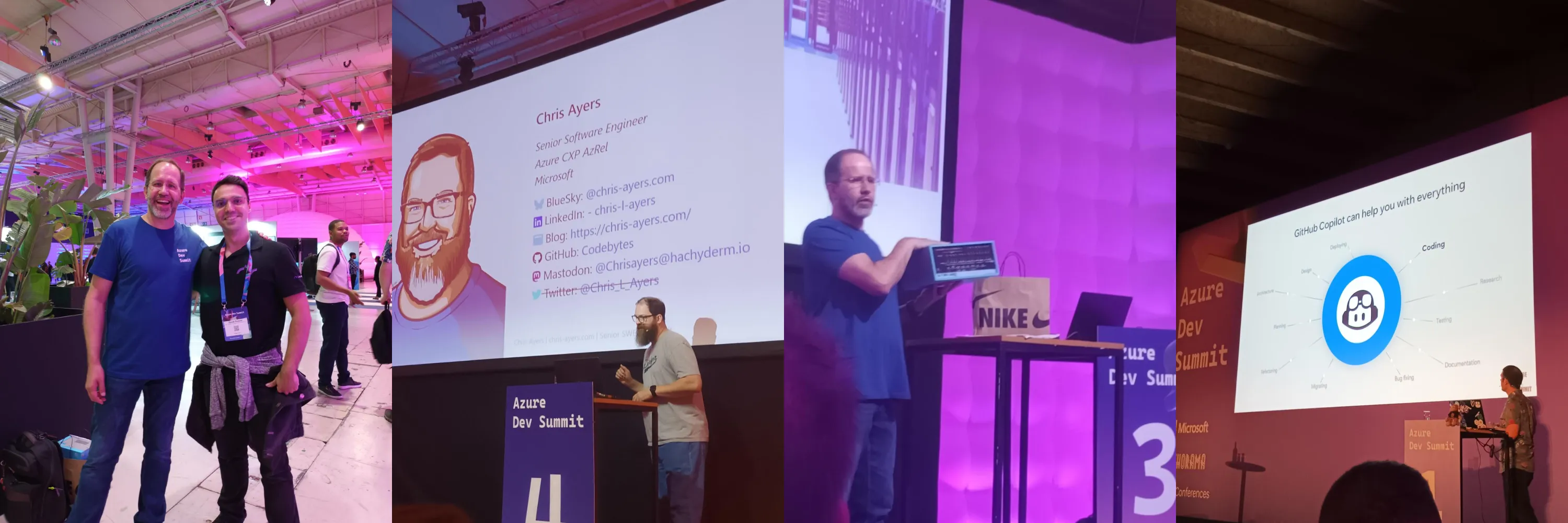
Engineering mindset over automation
By day two, a theme started to emerge: engineering mindset matters more than ever.
AI copilots and frameworks can modernize codebases and scaffold projects, but they can’t reason about trade-offs. As Scott put it, “It’s not because of Uber that we don’t learn to drive.”
I couldn’t agree more. A developer without system-level understanding might build something fast, but not something stable. Engineers still need to understand the business needs and problem space. All the learnings we have from DDD and design patterns. It doesn't matter if we are going fast if we're not building the right product. Ian Cooper, in the Notes from the Field panel, nailed it when he said, “The cost of maintenance is far greater than the cost of creation.”
So yes, Copilot can accelerate. But only the engineer can decide whether the solution will last.
Another insight I loved: treat AI like an infinitely patient tutor. Ask it questions, test your reasoning, have a conversation. But never let it do the thinking for you. AI will happily confirm your worst ideas with perfect confidence.
Remember to challenge it's assumptions and do fact-checking on the output that sounds dubious. We are responsible for all code we add to our production codebase, let's be intentional in our actions. So develop critical thinking and learn how to effectively leverage these AI tools.
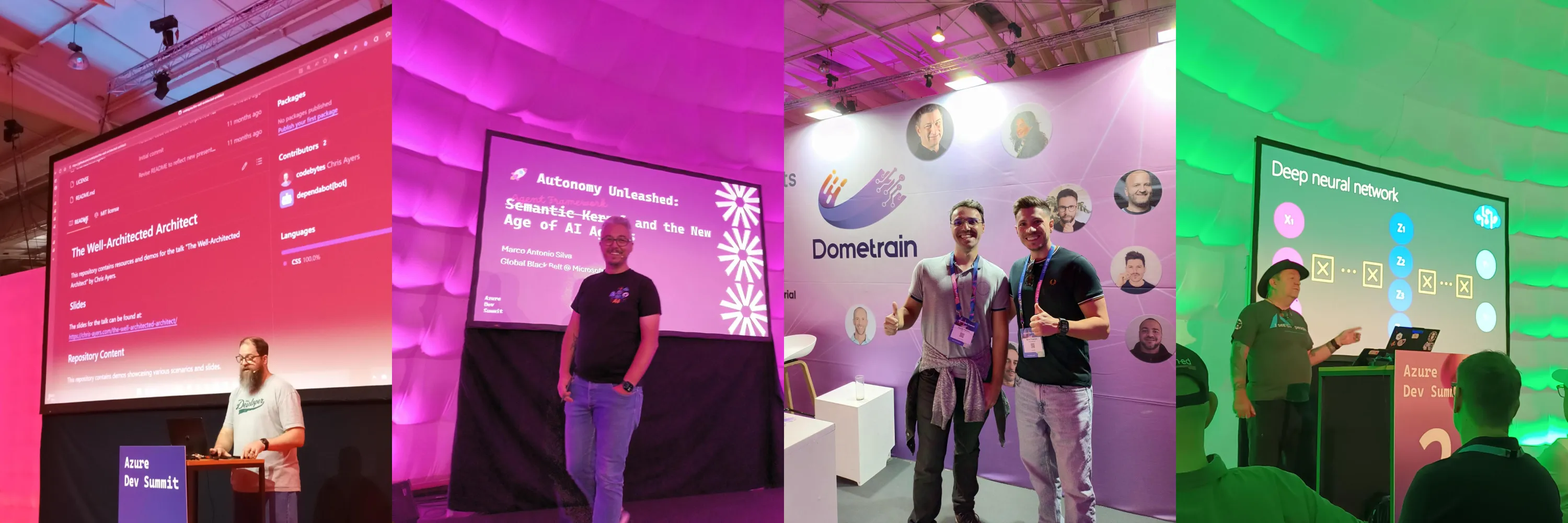
Diving deeper: agents, neurons, and black boxes
On the final day, things got properly nerdy.
Laurent Bugnion linkedin’s session on Deep Learning peeled back some layers I’d been meaning to explore. He explained the concept of hidden layers — the mysterious parts of neural networks that even their creators can’t fully interpret. It’s wild that we can build software this powerful and still not understand all its inner workings.
That curiosity led me to Marco António Silva’s talk on Agent Frameworks. It turns out Semantic Kernel isn’t the only player anymore. The new Agent framework is a sum of Semantic Kernel and Autogen, ready for multi-agent systems and integration with Azure AI Foundry. It brings the best of both worlds. You can spin up your own agents and MCP servers inside Azure Functions, powered by the new Durable Task Scheduler with proper distributed tracing and dashboards.
For developers like me, who live in the intersection between cloud, AI, and application design, this is incredibly exciting. It’s not just about what these tools can do — it’s about what we can build when we understand them.
The real takeaway: community and curiosity
Between sessions, I met developers from all over Europe. Had a chance to talk with many of the speakers. We swapped ideas, debated specific use cases for AI, and laughed about how fast the tech keeps changing.
Events like Azure Dev Summit remind me that learning doesn’t happen in isolation. It happens when people share — the good code, the broken code, and the lessons that come from both.
The most inspiring part wasn’t a demo or a keynote. It was the collective sense that we’re all trying to make sense of this AI-infused world together.
Bringing it home
Back at Create IT, I’ve been reflecting on how these lessons translate to our work. We’re already experimenting with Azure SRE agent, GitHub Copilot agents and Playwright MCP for E2E and QA testing.
The challenge now is turning potential into practice — helping clients adopt these technologies in ways that actually simplify life for engineers and deliver measurable value for the business.
That’s what this Summit reinforced for me: innovation isn’t about chasing every new tool. It’s about understanding which ones help us build systems that are smarter, faster, and still deeply human.
So yes, Azure Dev Summit Lisbon was a blast. But more importantly, it was a reminder that our craft still matters — maybe more than ever.
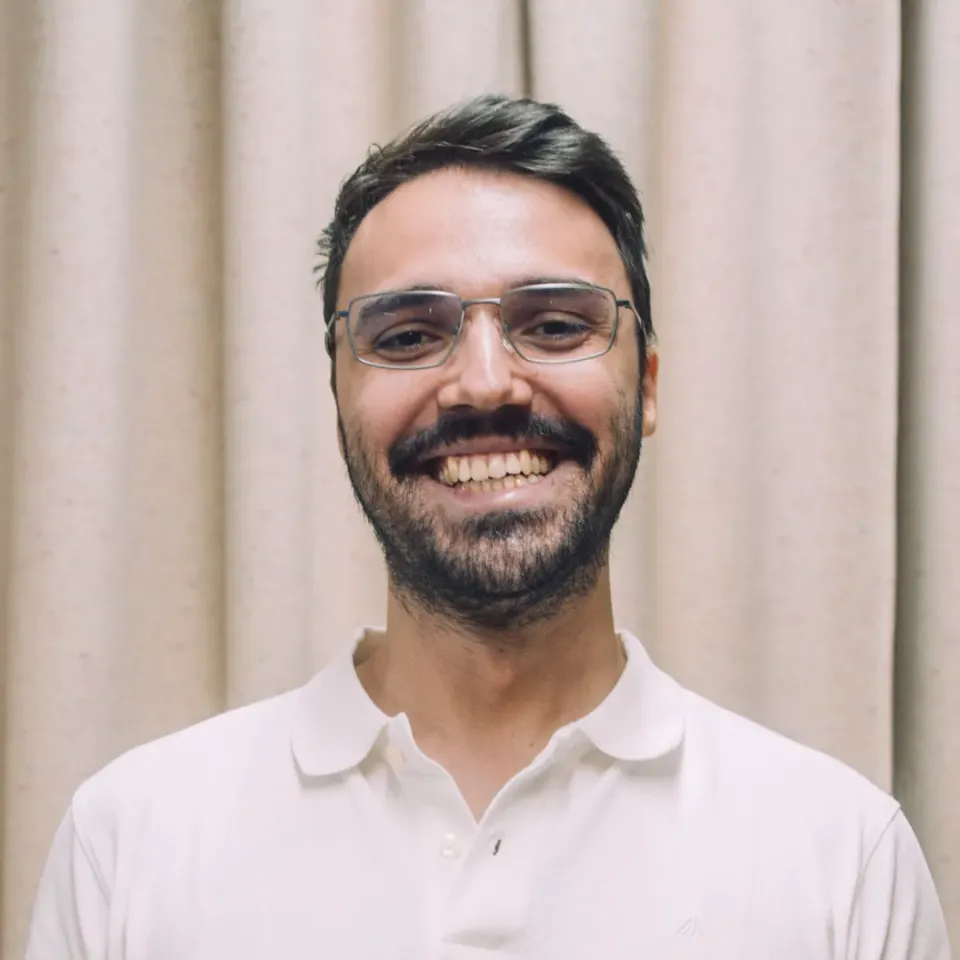
David Pereira is a software engineer at Create IT and CloudCockpit who loves building systems that make a difference. He works mostly with .NET and Azure in event-driven and microservices environments, especially in e-commerce. He believes in solid fundamentals, curiosity, and learning every single day. When he isn’t writing code, he’s probably reading or discovering new music. Kotlin rules, and he will happily explain why.

